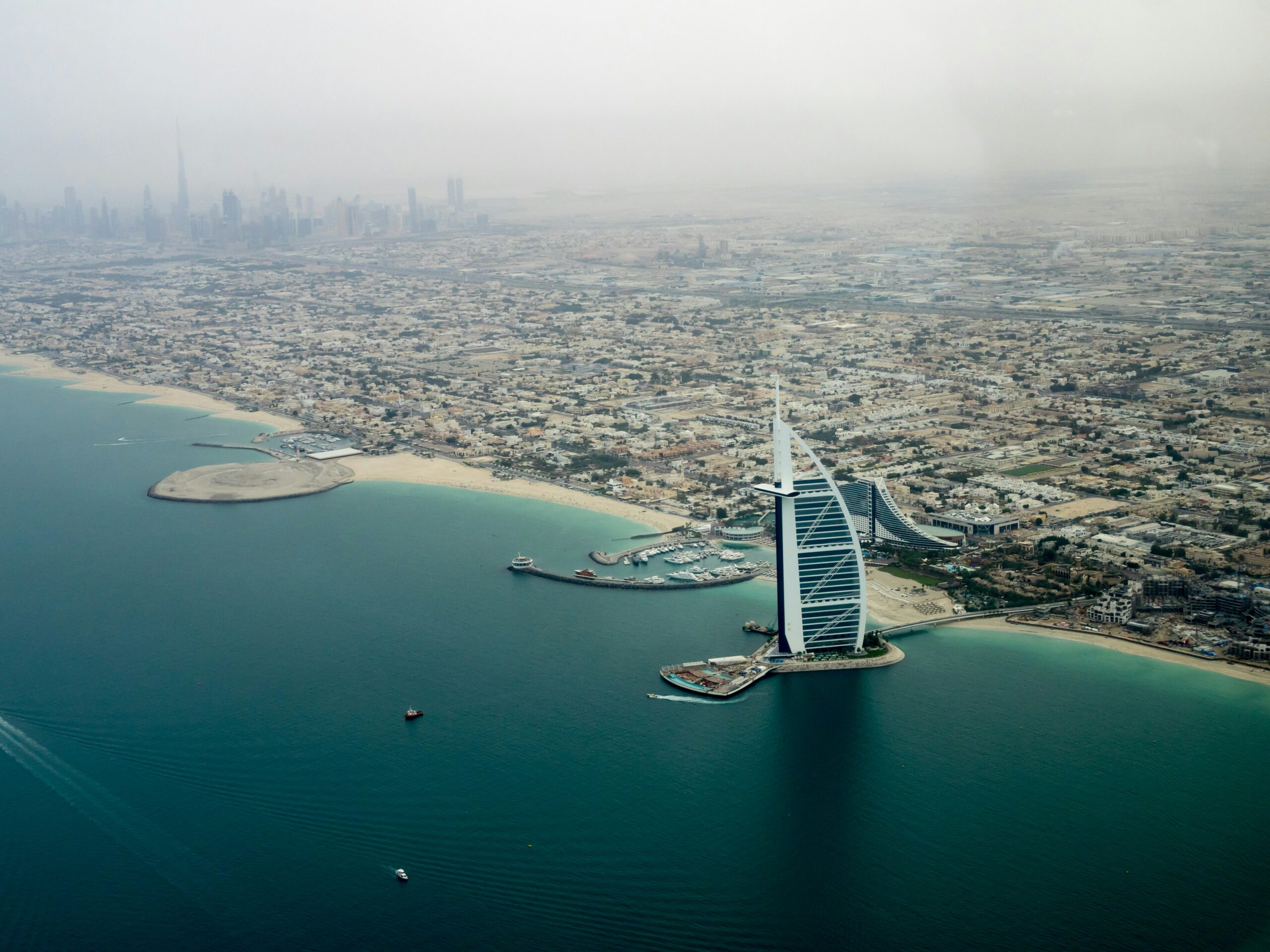Climate change is no longer a distant threat — it’s a current challenge. Rising temperatures, sea level increases, and extreme weather events are pushing UAE developers and city planners to rethink how real estate is designed and developed. In 2026, UAE real estate is going beyond luxury — it’s becoming eco-smart, flood-resilient, and future-focused.
Climate-Responsive Urban Design
In response to environmental stressors, UAE developers are now incorporating climate-responsive architecture. Key elements include:
-
Heat-reflective materials
-
Passive cooling systems
-
Wind-flow optimized building orientation
-
Shaded walkways and green rooftops
Projects like Masdar City and The Sustainable City in Dubai have already set examples of climate-first planning.
Rising Sea Levels and Coastal Risk Mitigation
With many prime properties located along the coastline, real estate planners in UAE are:
-
Creating flood-resilient infrastructure
-
Designing elevated developments
-
Implementing smart drainage systems
-
Conducting coastal vulnerability assessments before approval
This proactive approach is helping protect high-value real estate in places like Dubai Marina and Saadiyat Island.
Green Spaces and Sustainability Zones
Developers are adding more green belts, urban forests, and bioswales in 2026 masterplans. These features:
-
Reduce urban heat islands
-
Improve air quality
-
Support biodiversity
-
Enhance property value
Sustainability is no longer an optional feature — it’s a core real estate selling point.
Renewable Energy Integration
UAE’s real estate sector is shifting to:
-
Solar panels on rooftops
-
Smart grid energy systems
-
Net-zero energy buildings
Communities like Sharjah Sustainable City are fully embracing clean energy to meet the UAE Net Zero 2050 target.
Green Building Certifications on the Rise
In 2026, buyers are more conscious. They look for LEED, Estidama, or WELL-certified properties. These certifications influence:
-
Buyer trust
-
Long-term property value
-
ROI in the rental market
More developers are integrating green certification standards from the planning phase.
Smart Climate Technology in Real Estate
Artificial intelligence and IoT are being used to:
-
Monitor indoor air quality
-
Control smart HVAC systems
-
Manage water use efficiently
-
Predict and prevent climate-related damage
Smart homes are becoming climate-adaptive homes in 2026.
Government Incentives and Policies
UAE leadership is pushing sustainability via:
-
Green building mandates
-
Carbon emission reduction goals
-
Investment in climate-resilient infrastructure
Dubai 2040 Urban Master Plan also focuses on creating a resilient, inclusive, and sustainable city.
Conclusion: Future-Proofing is the New Standard
As climate change accelerates, real estate in UAE is adapting fast. The focus is no longer just on luxury and location, but on sustainability, resilience, and long-term livability.
Investors, developers, and buyers who prioritize climate-conscious properties in 2026 will see better returns — financially, socially, and environmentally.

